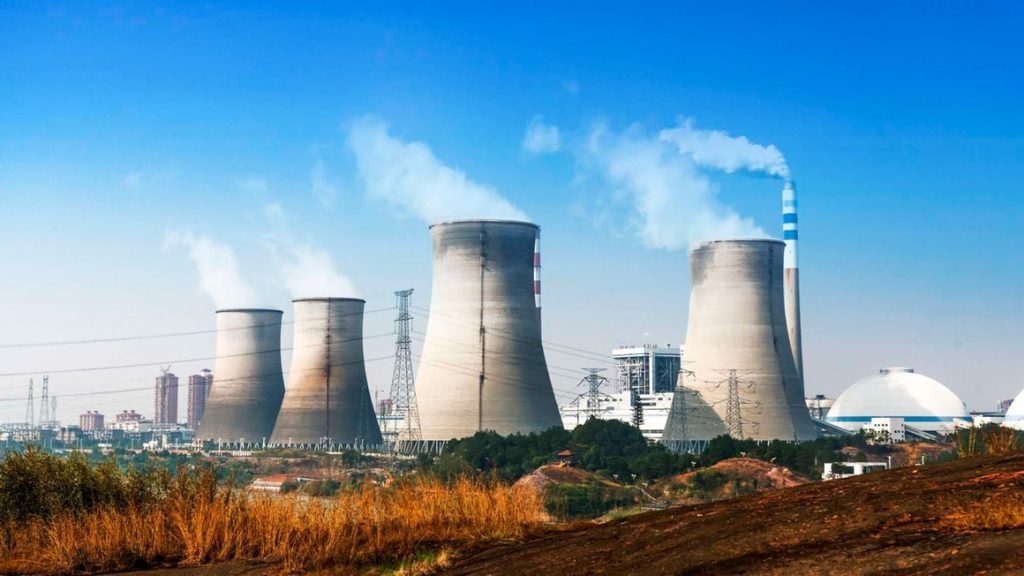Ghana is set to choose a company by December to construct its inaugural nuclear power plant. The shortlist includes major players such as France’s EDF, US-based NuScale Power, Regnum Technology Group, and China National Nuclear Corporation, according to Robert Sogbadji, deputy director of power at the Ministry of Energy.
The competition also features South Korea’s Kepco and its subsidiary Korea Hydro Nuclear Power Corporation, as well as Russia’s Rosatom. Sogbadji mentioned that the final decision will be approved by the cabinet, which may select one vendor or a partnership between two, depending on financial models and technical considerations.
Ghana’s journey towards nuclear energy began in the 1960s but was interrupted by a coup. The country renewed its focus on nuclear power in 2006, aided by the International Atomic Energy Agency, following a severe power crisis that year.
Sogbadji noted that a total of 16 countries and companies expressed interest in the project. A technical team from various state agencies, led by the energy ministry, has narrowed the list down to the current five contenders.
Like many African nations, Ghana is exploring nuclear power as a solution to electricity supply challenges, with over 600 million people across the continent still lacking access to reliable electricity. Neighboring countries such as Burkina Faso and Uganda have already signed agreements with Russia and China to build their own nuclear plants.
Other African nations, including Kenya, Morocco, and Namibia, are also looking to incorporate nuclear energy into their power strategies. South Africa, which currently operates the only nuclear facility on the continent, is seeking to add 2,500 megawatts (MW) to its existing capacity amidst ongoing power shortages.
Ghana aims to generate approximately 1,000 MW of power from nuclear energy by 2034. Currently, the nation faces power outages and has an installed capacity of 5,454 MW, with 4,483 MW available according to its energy regulator.
As an oil, cocoa, and gold exporter, Ghana envisions nuclear power as a cornerstone for its industrialization efforts and aims to enhance energy exports to neighboring countries like Benin, Ivory Coast, and Togo, facilitated through the West Africa Power Pool.
Sogbadji confirmed that the government has secured a site capable of supporting up to five reactors and is inclined toward a “build, own, operate, and transfer” model, allowing for local equity participation in the project.




















